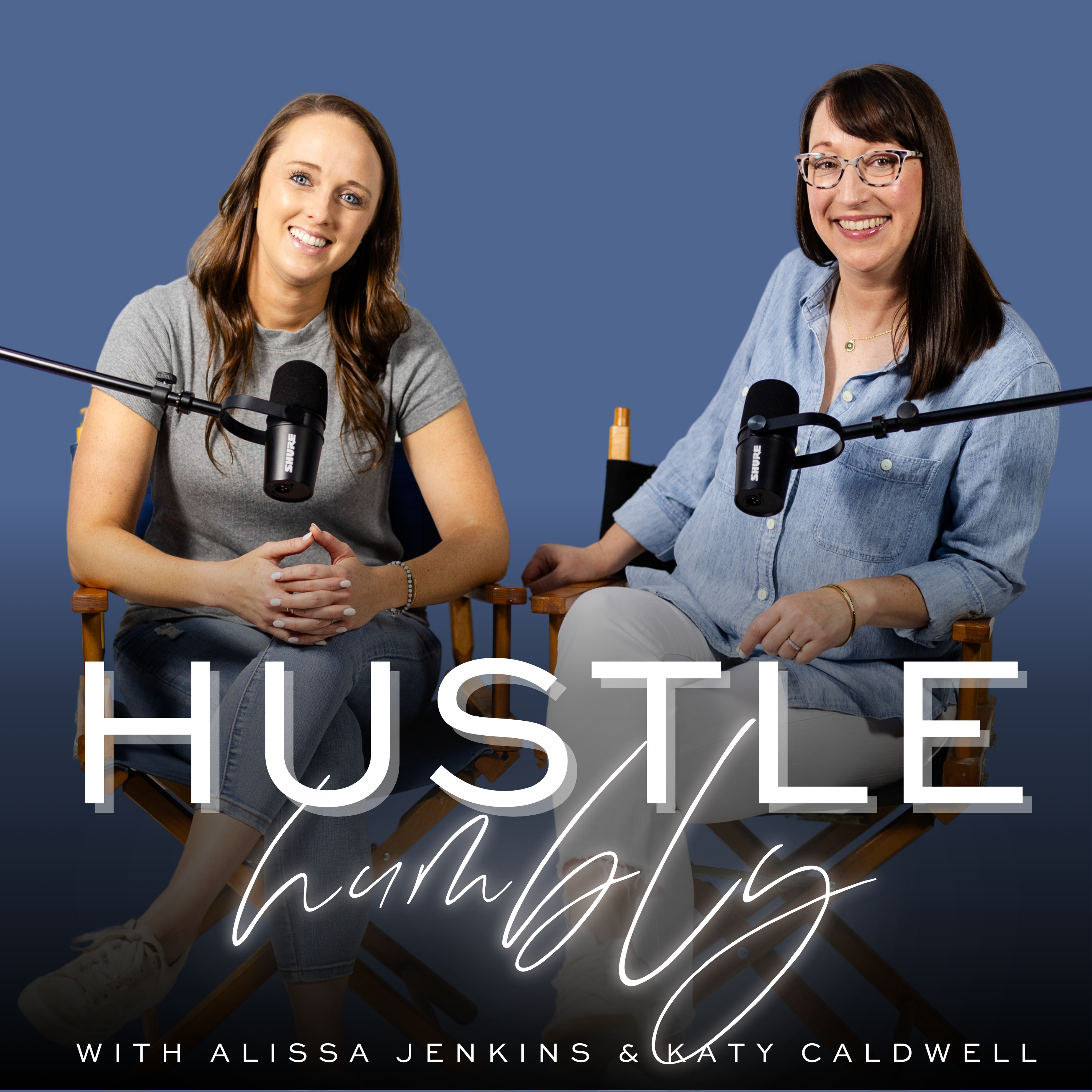Episode 253: Say This Not That in Real Estate
Welcome to episode 253 of Hustle Humbly! This week we’re diving into one of the most powerful tools in your business—your words. If you’re looking to improve your communication, both written and spoken, this is a must-listen. We’re exploring “say this not that in real estate”—how subtle word swaps can elevate your professionalism, build trust, and keep transactions calm and positive.
Why Word Choice Matters
Whether you’re emailing, texting, or speaking with clients, your word choices directly impact how others perceive you. Even small swaps—like replacing “thanks” with “thank you”—can make your tone warmer and more respectful. Practicing clear, professional communication in your writing will naturally carry over into how you speak.
Professionalism in Emails and Texts
Many real estate agents struggle with tone in writing. Efficiency is important, but blunt messages can come off cold or even rude. The phrase “say this not that in real estate” reminds us that clarity and tone matter. For instance, replace “thanks” with “thank you” to sound more sincere, or change “I hope this makes sense” to “Let me know if you have any questions” to keep communication confident and open.
Simple Word Swaps That Make a Big Difference
Here are a few powerful swaps:
-
Instead of: “Sorry for the delay”
Say: “Thank you for your patience” -
Instead of: “Just checking in”
Say: “Following up on our conversation” -
Instead of: “I think” or “I feel”
Say: “The data shows” or “The market is telling us” -
Instead of: “No problem”
Say: “Happy to help” or “My pleasure” -
Instead of: “That’s not my job”
Say: “Let me help you figure out how to move forward”
These phrases maintain professionalism while creating emotional neutrality. That’s especially useful when tensions run high in negotiations.
How to Stay Calm and Neutral
Your role as a real estate agent often includes acting as a neutral party in emotional transactions. Defusing language like “It seems like you’re feeling…” or “I understand your concern” helps you avoid escalating situations. Never make assumptions or place blame. Instead, remain calm, listen, and suggest actionable next steps.
Avoid Passive or Inflammatory Language
Words like “just,” “at least,” and “I hope” can sound passive or dismissive—even if that’s not your intention. For example, “Thank you in advance” may come across as demanding. Similarly, saying “at least” can feel minimizing during tough situations. Instead, focus on affirming phrases that show confidence and care.
Say This Not That in Real Estate: Negotiations & Repairs
Be especially mindful of your language during negotiations or when discussing inspection repairs. Instead of vague or overly optimistic phrases, be specific and realistic. Say, “I appreciate the seller’s flexibility” rather than “At least they agreed to something.” Provide clear, helpful suggestions, and document decisions thoroughly and professionally.
Building Confidence Through Communication
Using strong, clear language shows confidence and positions you as an expert. Don’t say “I don’t know”—say “Let me find that out for you.” Avoid “I’ll try” and replace it with “I’m confident I can complete this by [date].” Clients don’t expect perfection, but they do want someone who will take ownership and follow through.
Inclusive and Respectful Word Choices
Inclusive language also matters. Use “everyone” or “y’all” instead of “you guys,” and avoid outdated terms like “grandfathered.” Small changes make your communication more thoughtful and professional, especially in diverse client interactions.
Mirror Your Client’s Tone
One great communication tip: mirror your client’s tone and energy. If they’re casual, it’s okay to keep your message light. If they’re formal, step up your professionalism. Matching their communication style helps build trust and rapport.
Wrapping Up
Whether it’s negotiating repairs or sending a follow-up email, your words hold weight. By being intentional with your phrasing, you can avoid misunderstandings, reduce conflict, and present yourself as the confident expert your clients need.
Start practicing “say this not that in real estate” and watch your communication—and your relationships—improve immediately.
Leave us a review at RateThisPodcast.com/HustleHumbly
Get your FREE Database Template
Submit your topic ideas and toasts to Hello@HutleHumblyPodcast.com.
—————–
Rate, Review, & Follow on Apple Podcasts
“I love Katy and Alissa and The Hustle Humbly Podcast.” <– If that sounds like you, please consider rating and reviewing our show! This helps us support more people — just like you — move toward the life and business that they desire. Click here, scroll to the bottom, tap to rate with five stars, and select “Write a Review.” Then be sure to let us know what you loved most about the episode!
Also, if you haven’t done so already, follow the podcast. We’re adding a bunch of bonus episodes to the feed and, if you’re not following, there’s a good chance you’ll miss out. Follow now!
